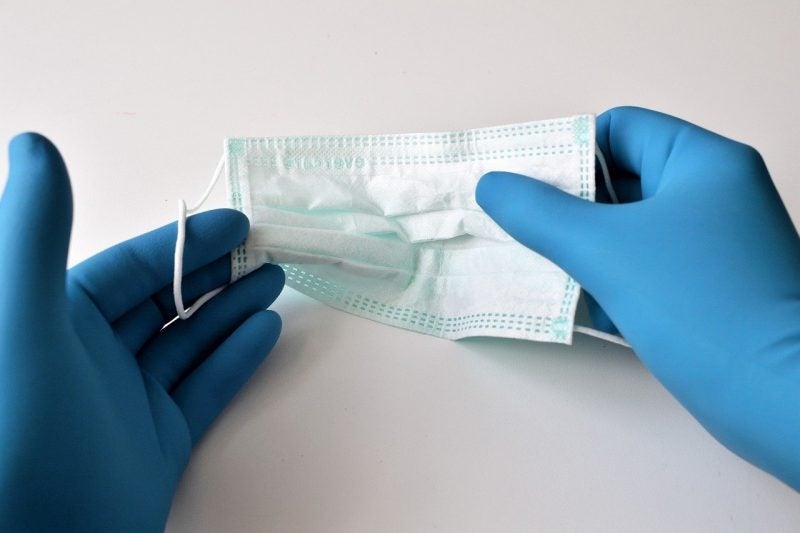
Lloyd’s Register, an independent global assurance firm, has facilitated a best-practice standard for Responsible Plastic Management (RPM) that will allow pharmaceutical businesses to manage plastic waste and pollution.
A report by the Pew Foundation says that the flow of plastic into the oceans globally will almost triple to 29 million metric tonnes annually by 2040.

Discover B2B Marketing That Performs
Combine business intelligence and editorial excellence to reach engaged professionals across 36 leading media platforms.
Single-use masks, gloves and aprons that are being used to address Covid-19 transmission could further enhance this plastic pollution.
Organisations can sign up to the RPM Standard and Program to measure, decrease and re-use the plastic coming into and going out from their businesses, noted Lloyd’s.
After the five-step RPM programme, Lloyd’s will conduct an assessment to certify the businesses and publicly list them in the RPM online directory.
A non-profit, international organisation, RPM was founded by Peter Marshall and Dave Garforth.

US Tariffs are shifting - will you react or anticipate?
Don’t let policy changes catch you off guard. Stay proactive with real-time data and expert analysis.
By GlobalDataMarshall said: “Consumer awareness of plastic pollution has never been higher and we wanted to help organisations understand how they can play an important role in ensuring that waste is mitigated and out of the oceans and environment.
“One of the current issues facing the industry is that there is no official standard which helps organisations create an effective management plan.
“The new RPM programme will help organisations drive real change by providing a framework for improvement, and then measuring them on progress.”
Certified organisations will have access to the RPM Trust Mark to indicate their commitment to combat plastic pollution to buyers, stakeholders and external parties.
Initially, the RPM programme will audit existing policies and processes onsite or remotely, followed by the verification of the organisation’s credentials. Annual reviews will be conducted to ensure continued compliance.


